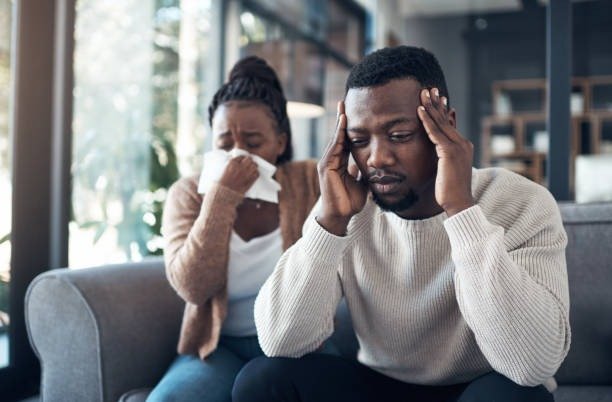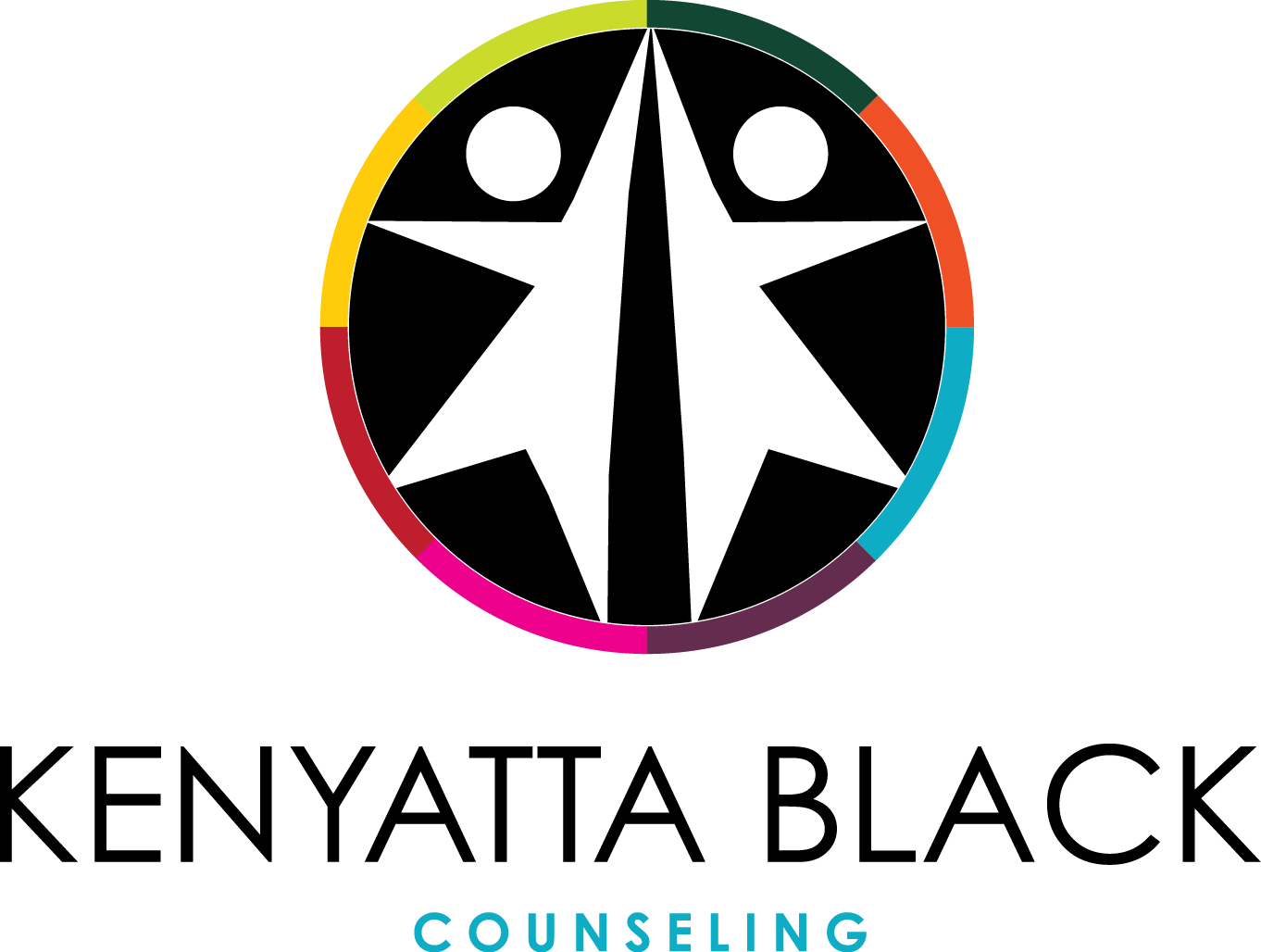
The COVID-19 pandemic brought seismic changes to everyday life—disrupting routines, sparking uncertainty, and straining emotional well-being. For many, the stress of illness, social isolation, job insecurity, and a flood of information (and misinformation) became overwhelming. It’s no surprise that symptoms of anxiety, depression, and insomnia surged during this global crisis.
According to recent surveys, U.S. adults reported a sharp increase in mental health struggles compared to pre-pandemic levels. Heightened stress and fear caused some to turn to substances like alcohol or drugs in an attempt to cope—unfortunately, these coping strategies often worsened mental health symptoms.
For individuals already dealing with substance use disorders, especially tobacco or opioids, the risks were even greater. These addictions can weaken the immune system and worsen pre-existing conditions, putting people at higher risk for severe outcomes if infected with COVID-19.
Recognizing the Signs of Emotional Distress
Stress is a natural response to challenging situations, but when it begins to interfere with daily life, it may be time to seek support. Prolonged or intense emotional symptoms can include:
Persistent feelings of anxiety or sadness
Trouble concentrating
Changes in appetite or sleep patterns
Physical aches and pains with no medical explanation
Withdrawal from daily activities
Feelings of hopelessness or irritability
If these symptoms last for several days in a row or significantly affect your daily functioning, don’t hesitate to reach out for help.
Practicing Ongoing Self-Care
While the immediate health crisis may have subsided, stress is a part of life that doesn’t disappear. Continuing self-care habits is crucial to managing your mental health long-term. This includes:
Maintaining a consistent sleep schedule
Staying physically active
Eating balanced meals
Staying socially connected (virtually or in person)
Practicing mindfulness or meditation
Limiting exposure to distressing news content
You're Not Alone—Kenyatta Black Counseling Is Here to Help
At Kenyatta Black Counseling, we understand the lingering emotional impact of the pandemic. Whether you're struggling with depression, anxiety, grief, or burnout, our therapists are here to support you with compassion and professionalism.
Your health matters—both mind and body. Let’s move forward together.
